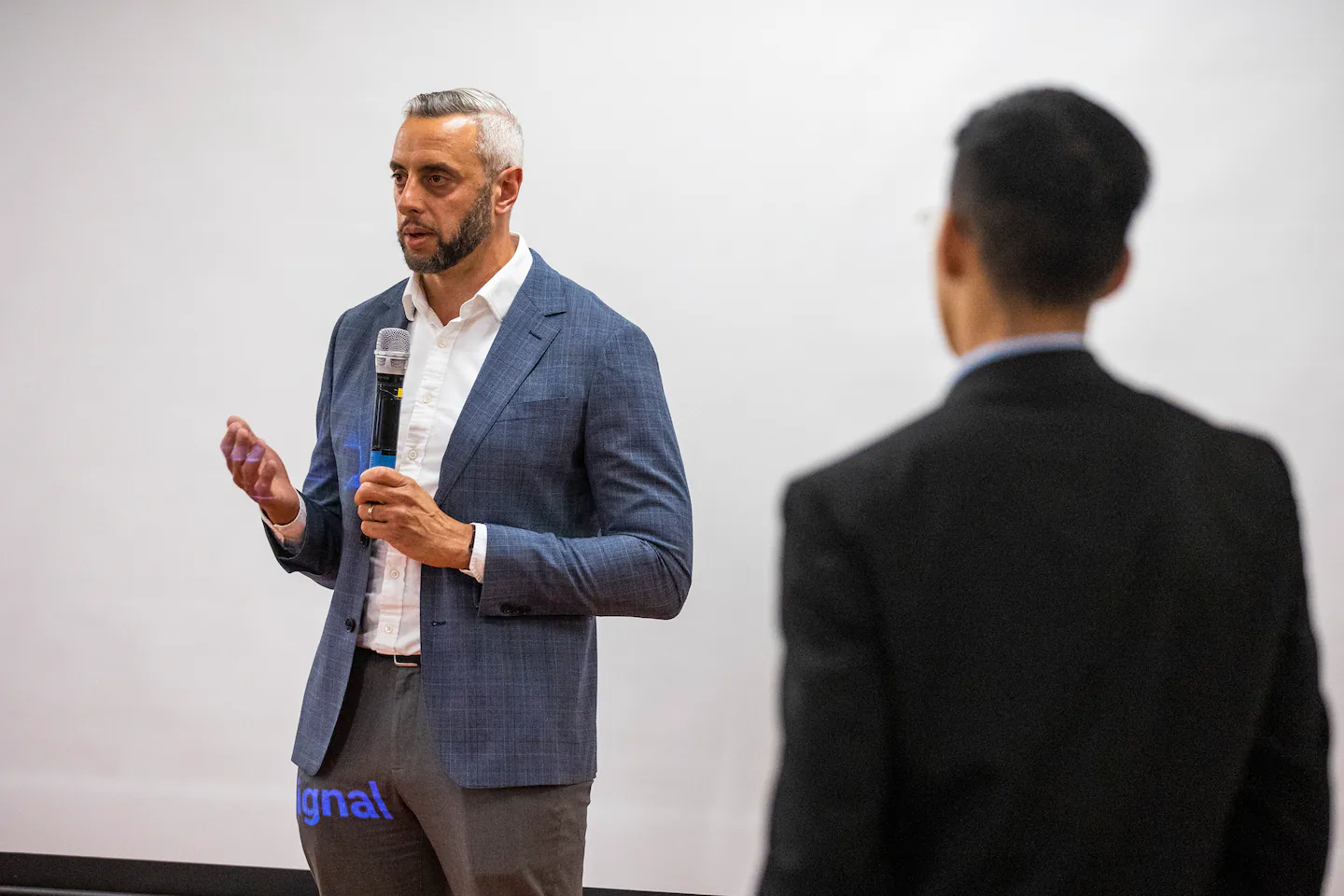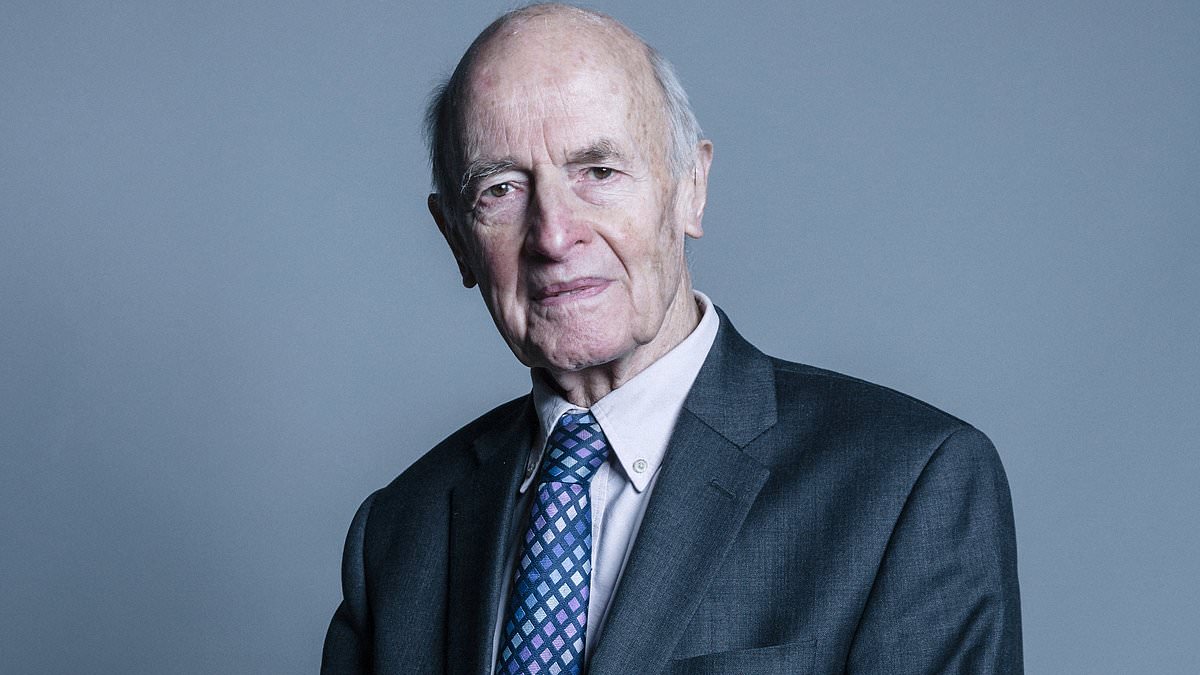Copyright The Boston Globe

Jascha Franklin-Hodge, the city of Boston’s chief of streets, will leave his role at the end of the year, he confirmed Friday, a significant shake-up to Mayor Michelle Wu’s cabinet ahead of her second term. Franklin-Hodge, a longtime public servant, has been the face of the Wu administration’s changes to city streets — not all of them universally embraced. Often applauded by transit advocates and cyclists, Franklin-Hodge has proven less popular among critics of the city’s new bike lanes, or those skeptical of the city’s plans to reshape Blue Hill Avenue. The news of his departure comes just days after Wu decisively won reelection to a second term, and amid other high-profile staffing changes within her administration. Advertisement Wu’s chief of staff, Tiffany Chu, has also said she will leave before Wu begins her second term. Clare Kelly, a longtime fixture of Massachusetts politics who has led Wu’s intergovernmental relations team, is set to take her place later this month. “It just feels like a natural time for a transition,” Franklin-Hodge said in an interview Friday. “In any administration, there’s always points where there’s moments of opportunity to go on to what’s next. And I am looking forward to having more time with my kids and the opportunity to figure out my next adventure.” Franklin-Hodge previously worked as executive director of the Open Mobility Foundation, a public-private partnership to develop standards and tools for urban mobility. He previously served as Boston’s chief information officer under former mayor Martin J. Walsh. Advertisement The Dorchester Reporter first reported Franklin-Hodge’s departure. In a statement, Wu praised Franklin-Hodge for having “set a foundation for continued improvement and service delivery.” “Under Chief Franklin-Hodge’s leadership, our departments tackled longstanding challenges that helped improve and deliver basic city services and infrastructure more quickly than ever before,” Wu said. “Over the last four years, we built more miles of protected cycling infrastructure than ever before, repaved 102 miles of roadway, accelerated processes to build and fix sidewalks, improved trash pickup and snow removal, and modernized parking meters and streets management.” The chief of streets post is an important and public-facing one. City streets have proven some of the trickiest political ground for Wu to tread during her first term. Wu ran for office in 2021 as a champion for public transit and bike lanes, but has faced blowback from business leaders and neighborhood groups who say that cycling infrastructure has disrupted traffic flow or made it hard for their customers to find parking. In a Boston Globe/Suffolk University poll in July, half of respondents said the city’s bike lanes make it slower and less convenient to get around. Research shows that bike lane infrastructure, such as flex posts, keep cyclists safer. The Federal Highway Administration in 2023 found posts “consistently resulted in a decrease in total crashes.” In March, amid her reelection campaign, Wu launched a 30-day review of all street infrastructure changes. The project was led not by Franklin-Hodge, but by Mike Brohel, the city’s superintendent of basic city services. The results, as summarized in a memo from Brohel to Wu: Pump the brakes and listen to community feedback. Advertisement “We heard consistent feedback that project communications and community engagement were inadequate, that decisions seemed predetermined, and that processes too often did not achieve consensus, contributing to a loss of community trust,” reads the memo. “Many felt that their feedback was given insufficient attention.” In the months since, Wu has changed her tone somewhat on public transit, saying in a radio interview that “we just have to be more reflective” about urban infrastructure. More challenges lie ahead for the mayor. Her administration has set an ambitious goal to eliminate all traffic fatalities by 2030. Wu also ran on a push for fare-free transit across the city. Four years in, she has eliminated fares for the 23, 28, and 29 bus routes, which run through Mattapan, Dorchester, and Roxbury, but the broader goal remains far out of reach. “I would have hoped that we would have made more progress expanding free T” during her first term, Wu said in an interview last month. Emma Platoff can be reached at emma.platoff@globe.com. Follow her @emmaplatoff.



